Private enterprises are expected to lead and contribute to China's major national technological projects, as the country's private sector bids to become a critical driver of technological innovation, economic growth and international cooperation, said a senior official from a national body serving the sector on Thursday.
Qiu Xiaoping, vice-chairman of the All-China Federation of Industry and Commerce, said: "In China, the private sector's role in driving innovation has never been more crucial. Major national scientific and research infrastructure is being further opened up to these private enterprises, allowing them to lead or collaborate on more groundbreaking projects."
Qiu, who is also a member of the Leading Party Members' Group of the federation, said that rising Chinese private enterprises are doubling down on their investments in strategic emerging industries from high-end manufacturing to advanced materials.
One of their particular focuses is on future industries such as quantum computing and life sciences, which are poised to define the next generation of economic competition globally, he said.
Data from the federation shows that private enterprises have become a key pillar of China's innovation ecosystem, contributing over 70 percent of the nation's technological breakthroughs, making up for more than 90 percent of national high-tech businesses and over 80 percent of national "little giant" companies — small and medium-sized enterprises recognized for their specialized expertise and innovation.
"Their innovative growth aligns with China's efforts to build a modernized industrial system and foster collaboration between large corporations and nimble SMEs. This ecosystem is expected to create fertile ground for innovation, driving the private sector to not only compete but thrive on a global scale," he said.
As private enterprises expand their reach, Qiu noted their economic influence has become undeniable. Collectively, they contribute over 50 percent of the nation's tax revenue, more than 60 percent of GDP and over 80 percent of urban employment.
On the global front, he emphasized that these firms account for over half of China's total import and export volume, making them a vital force in driving international trade.
"China is expanding high-level opening-up and fostering an open world economy," he said. "It also provides a vast stage for private enterprises to explore international markets. More private enterprises will build on their domestic success while expanding globally."









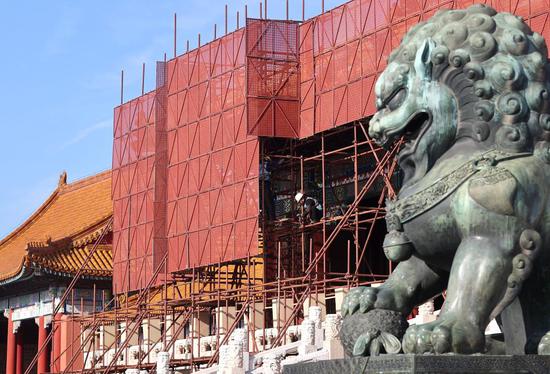



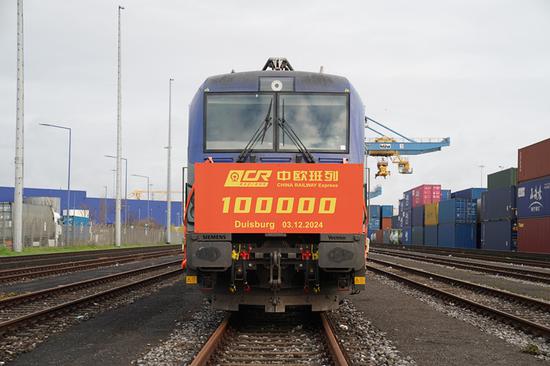











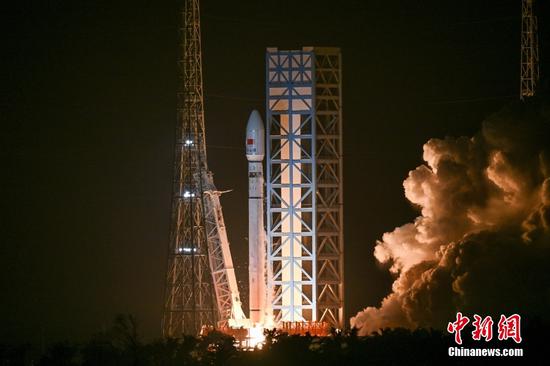






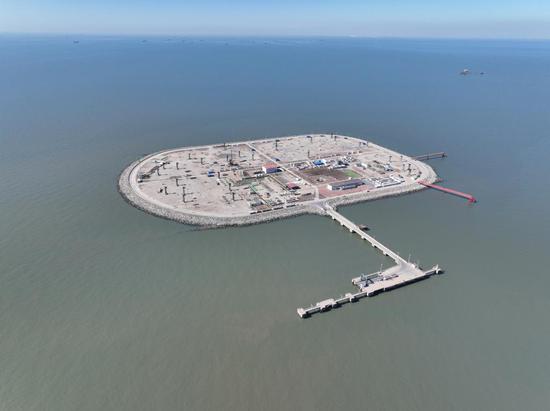



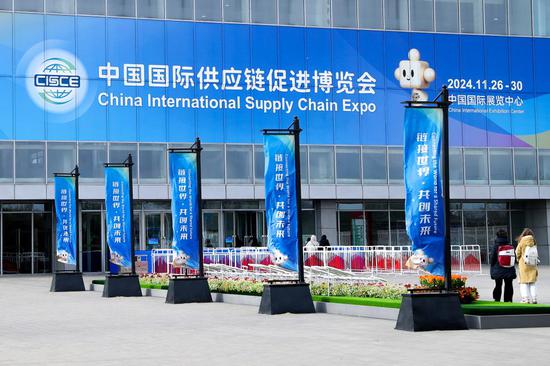


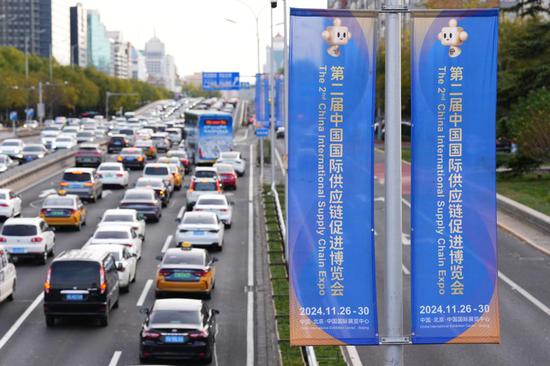



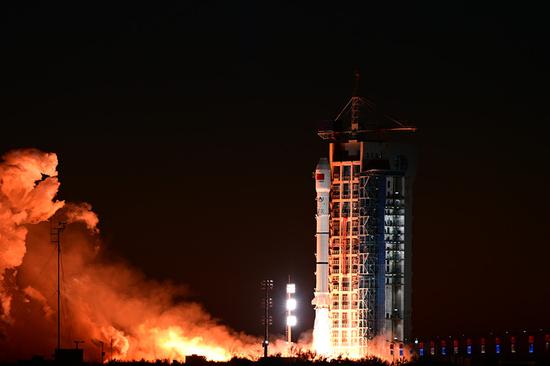


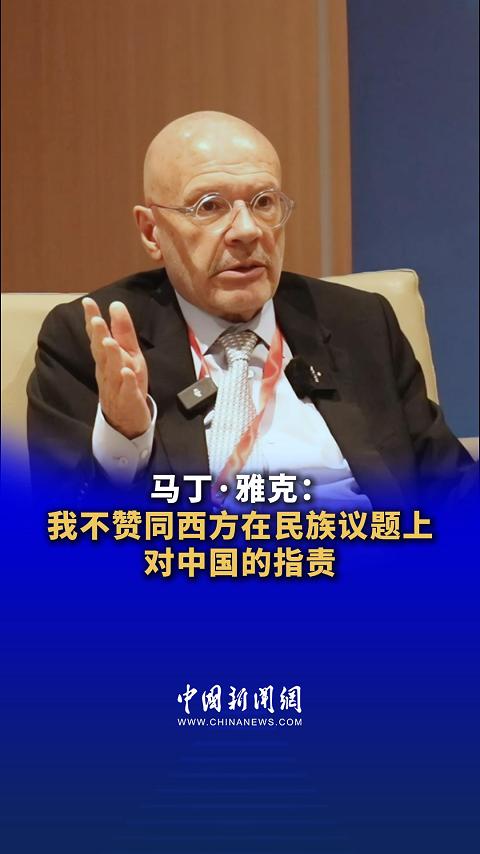

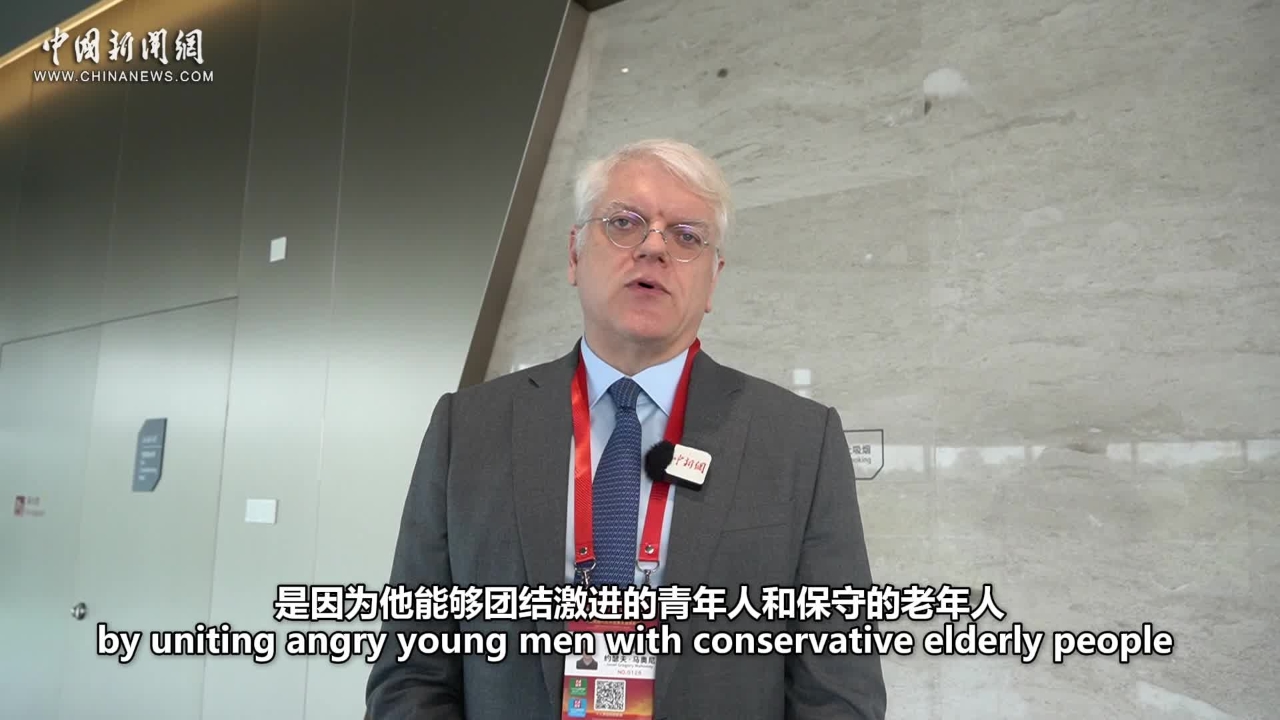

 京公网安备 11010202009201号
京公网安备 11010202009201号